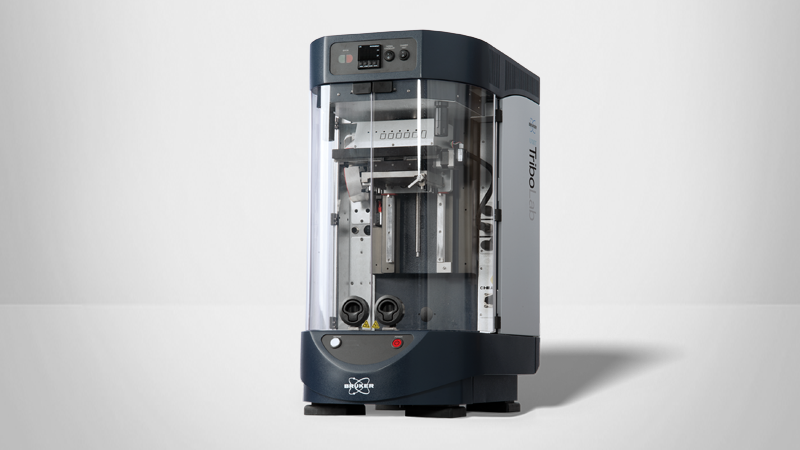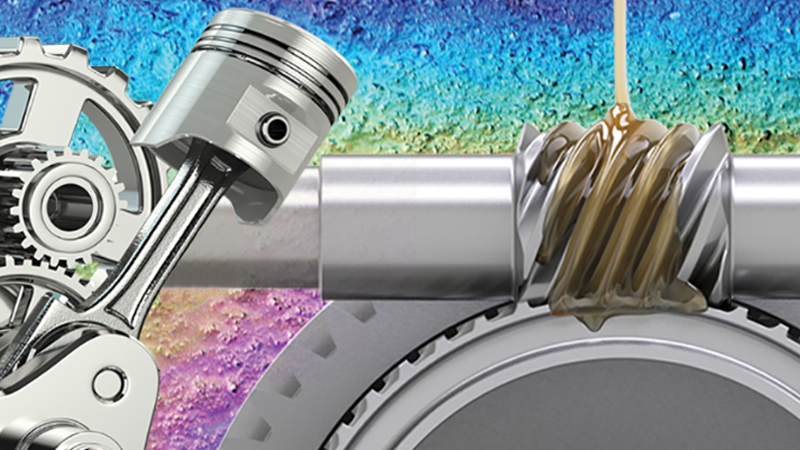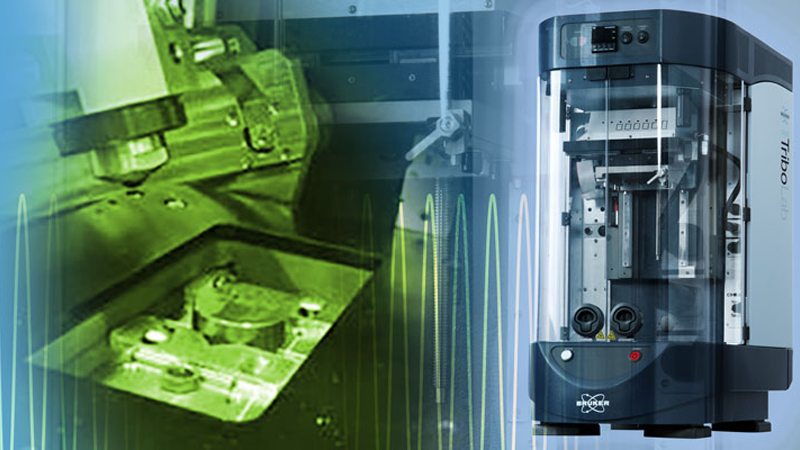

Friction Meets Current: Advanced Tribotesting for Electric Vehicle Lubricant
Faster, more precise screening of electric and hybrid lubricants
In this webinar, you will learn about fast, precise screening of electric/hybrid lubricants. Hear how Bruker’s UMT TriboLab, a modular benchtop tribometer, can be equipped to evaluate electric vehicle (EV) lubricants under relevant conditions.
Contents include:
- Industry challenges around EV lubricants, explained by an expert
- Setup details and photos for benchtop e-tribometry testing
- Case study for electrified tribology testing, demonstrating how the presence of electrical current at contact interfaces significantly affects friction, electrical contact resistance, and wear
Abstract
The demand for new lubricants capable of withstanding the severe conditions in electric vehicle (EV) powertrains increases as electric mobility gains momentum. High starting torques, high speeds, and uncontrollable electrical currents passing through contact points create difficulties for EV lubricant testing. Conventional tribotesters are not developed for effective lubricant analysis in electrified environments.
The study presented in this webinar uses a UMT TriboLab modular benchtop tribometer equipped with a power source and a resistance data logger to evaluate the tribological performance during different sliding tests of various EV lubricants under electrified conditions. Findings suggest that the presence of electrical current at contact interfaces significantly affects friction, electrical contact resistance, and wear. Consequently, the electrified tribological testing methods explored in this study could potentially offer faster and more precise screening of electric/hybrid lubricants.
Find out more about the technology featured in this webinar or our other solutions for lubricants testing:
Featured Products and Technology
Speaker
Damien Khoo, Staff Scientist, Tribology Applications and Systems, Bruker


